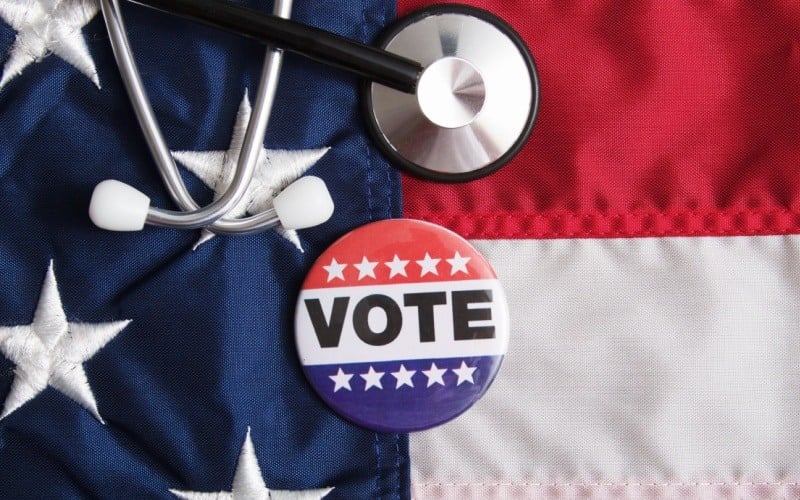3 minute read
Voting will take place for the 2024 presidential election on November 5th. The new administration could bring major changes to health care and employee benefits. Control of the U.S. Senate and the U.S. House of Representatives is also at stake, impacting future legislation.
Polls indicate a tight race between Vice President Kamala Harris and former President Donald Trump. The winner's policies will influence key areas, affecting both employers and employees. Employers should prepare for potential changes and opportunities.
Here is a summarization of positions on health care-related topics from the candidates’ official platforms, public statements on relevant issues, and previous public policy records.
Health Care Reform
The election results could transform U.S. health care policy in these key areas:
- Affordable Care Act (ACA) - Harris focuses on strengthening the ACA by making expanded subsidies permanent, while Trump has no clear plan to end the ACA in 2024. Both emphasize affordable healthcare and increased competition for more options.
- Medicare - Trump's platform promises to "protect Medicare" and redirect resources to at-home senior care. Harris introduces "Medicare at Home," offering services to help seniors remain in their homes long-term.
- Medicaid – According to KFF (formerly the Kaiser Family Foundation), the Harris administration would enhance Medicaid by expanding and stabilizing coverage, while the Trump administration might cut spending and limit eligibility.
Prescription Drug Pricing
Prescription drug costs are a major concern for Americans. Both presidential candidates support transparency and competition in drug pricing and reforming pharmacy benefit managers (PBMs). The Biden-Harris administration has capped insulin at $35 for Medicare and will limit Medicare Part D costs to $2,000 by 2025. Despite these efforts, overall healthcare spending continues to rise, affecting plan costs.
The Harris platform aims to:
- Expand the $35 insulin cap and $2,000 out-of-pocket limit to all Americans.
- Speed up Medicare drug negotiations.
- Boost competition and transparency in healthcare.
In 2020, the Trump administration set a $35 monthly cap on insulin for certain Medicare Part D plans, though not all participated. Moving forward, the Trump platform aims to:
- Reduce healthcare and prescription drug costs by increasing transparency.
- Promote choice and competition.
- Expand access to affordable options.
Reproductive Rights
Harris prioritizes affordable reproductive care, aiming to ease access to abortion, contraception, and fertility treatments like IVF. In contrast, Trump opposes late-term abortion, supports prenatal care, and believes abortion should be state-regulated.
Family Policies
Both candidates back key family policies: paid leave, affordable child care, and an expanded child tax credit. The child tax credit has the most bipartisan support. Harris proposes including all parents, regardless of income, while Trump suggests it should be limited to those meeting income tax criteria.
Summary
As Election Day nears, it's crucial for employers to understand how results could affect health care and employee benefits. State and local elections, alongside federal ones, can significantly influence benefits providers and their partners nationwide. Download the bulletin for more details.

